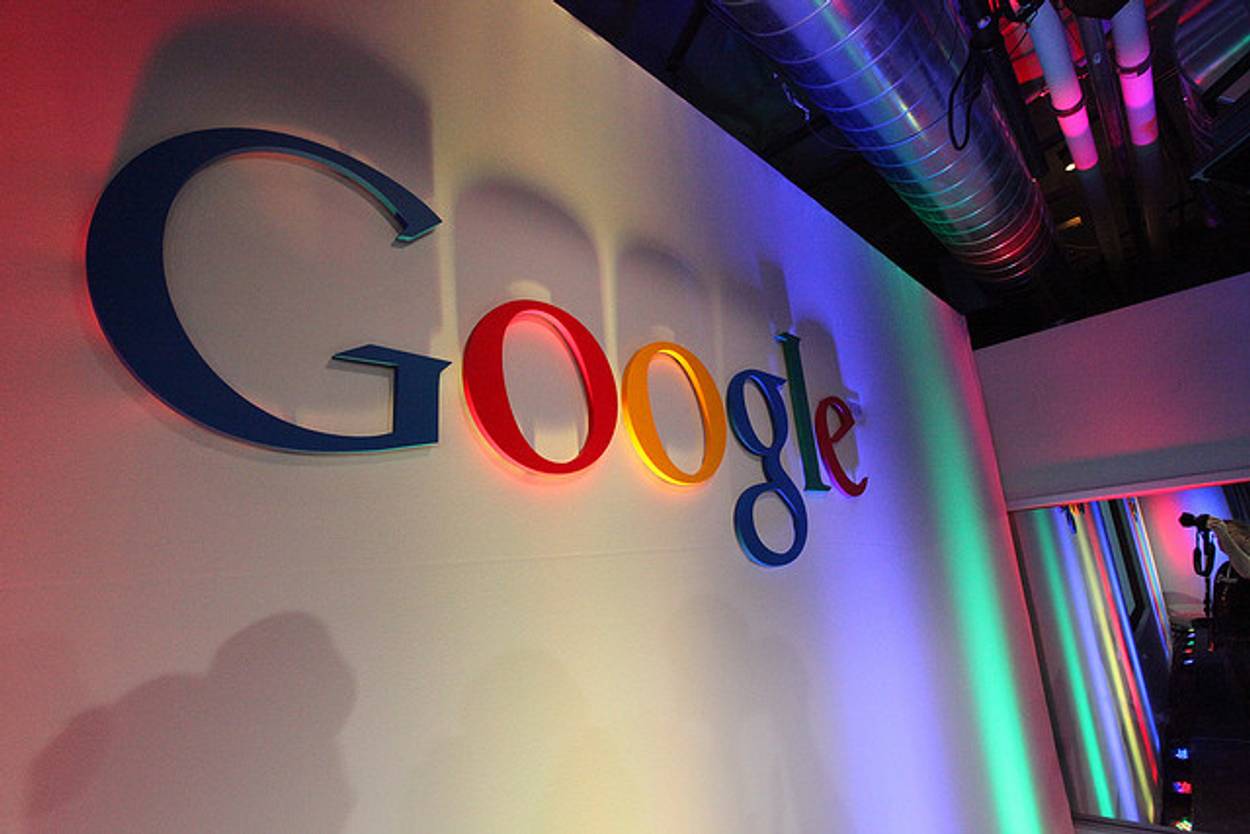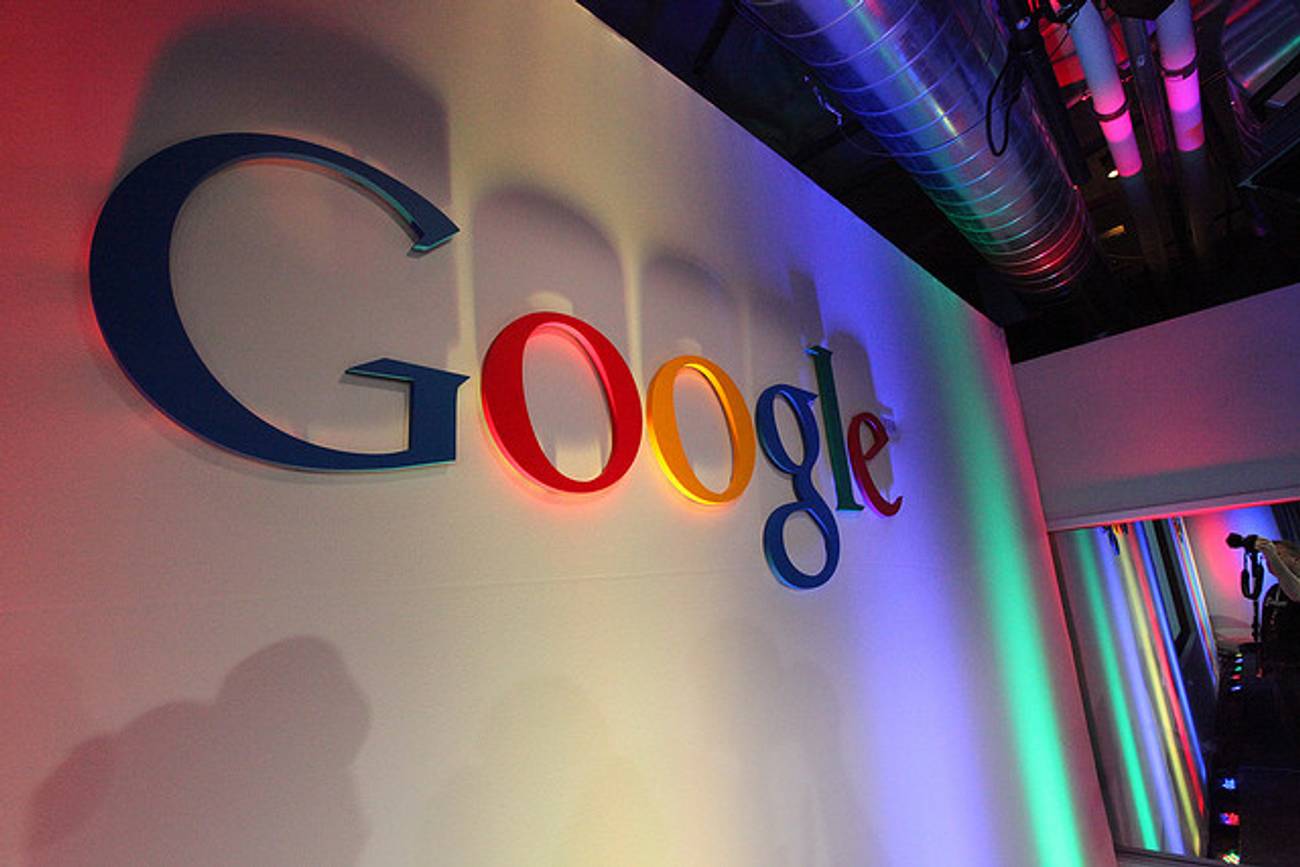“So…Are You Jewish?”
Inquiring Googlers want to know




I have a straight friend with a peculiar cross to bear: Whenever he starts to Google his name, there’s a suggestion of the word “gay” beside it. It turns out his is not the only name that prompts this pairing; “gay” is a frequent companion when Googlers input, say, presidential candidates. Given that Google’s autocomplete feature is based on algorithms of previous searches, the only explanation is that people have been curious enough to inquire before.
I was reminded of this scenario last night when I read about a slightly bizarre tiff between Google and France. The company has reached a deal with French anti-racism groups who object to the same sort of auto-correct awkwardness my friend has come across. Evidently, users of Google.fr really want to know whether politicians, actors or other celebrities are Jewish or not; Google apparently suggests that users add “Jew” to searches for prominent names quite often. Since it’s illegal to record someone’s ethnicity in a database in France, six French groups argued that Google was breaking the law.
The Google vs. France showdown has its specific quirks, but it got me thinking about a larger truth. Minority groups who can “pass”—gay people, Jews, light-skinned black people, etc.—prompt a particular curiosity, one that isn’t necessarily insidious. It’s not like you can usually tell by looking at someone whether they’re gay or Jewish. Google searches are the natural habitat of private inquiries, one that sidesteps any accusations of bigotry. The anti-racist French groups are trying to protect their citizens from anti-Semitism, but shrouding minority groups (or anyone) with mystique may do more harm than good.
And when it comes to searching out your own community, the question becomes a secret passcode. I remember getting into a rowboat in a teeny-tiny village in Chile in 2004, when I was traveling alone on the North coast. There were about eight passengers, a hodge-podge of foreigners struggling to interpret the boatman’s slurred Chilean spanish. I felt almost proud that I was the only American—outing yourself as a gringa could be really embarrassing. Then, I heard a slightly hopeful question behind me, in a thick Israeli accent: “So…are you Jewish?” I wasn’t embarassed at all. It made me feel a little less lonely.
Nona Willis Aronowitz is a writer, editor, and author of Girldrive: Criss-crossing America, Redefining Feminism. Her Twitter feed is @Nona.